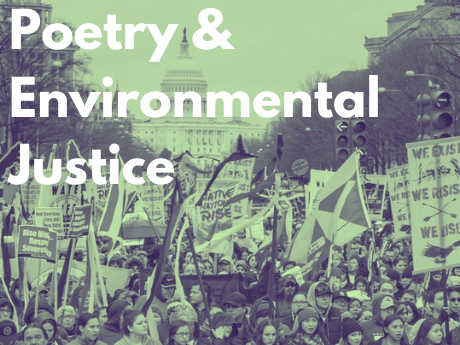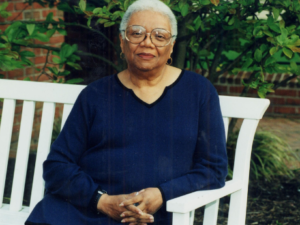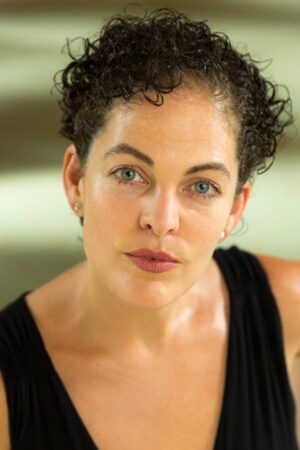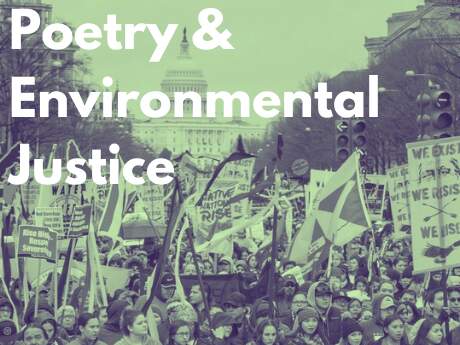Poetry & Environmental Justice
Shara McCallum on “being property once myself” by Lucille Clifton

being property once myself
being property once myself
i have a feeling for it,
that’s why i can talk
about environment.
what wants to be a tree,
ought to be he can be it.
same thing for other things.
same thing for men.
Lucille Clifton, “being property once myself” from How to Carry Water: Selected Poems. Copyright © 1972, 1987 1991 by Lucille Clifton. Used with the permission of The Permissions Company, LLC on behalf of BOA Editions Ltd., www.boaeditions.org.
Lucille Clifton: “The Bond of Live Things Everywhere”
I am reading this poem again over two decades after first encountering it. I’m writing this essay nearly fifty years after the publication of the book from which it was taken, aptly titled good news about the earth. I say this because eco-poetry and Anthropocene literature are often presented as novel. Given that we are facing the ever-present threat of extinction of our species at our own hand and due to our hubris, it’s not surprising our urgency to name and rename our relationship to the environment as poets living and writing in the 21st
century. But I choose to include Clifton in the contemporary conversation to remind us that new names do not mean a conversation has only just begun when we join it. I include Clifton because I see in contemporary eco-poetics the danger of recapitulating the omissions of the Pastoral tradition regarding the history of race and racism. I chose this poem by Clifton, now and here, when asked to select a poem that speaks to environmental concerns because her work continues to illuminate for me “the bond of live things everywhere.”
From the poem’s opening line, Clifton establishes her right to “to talk about environment.” The poem foregrounds her consciousness of other life on earth—metonymically signified by the “tree”—as arising and being inseparable from her ancestral memory of having been enslaved. In much of Clifton’s poetry, the concept of history and memory goes beyond the boundaries of the poet’s own lived experience, extending across centuries and back across the Atlantic.
The way of seeing the natural world that results through Clifton’s multiple sightlines is radical. Nature, she reminds us, is not separate from history and human beings do not stand outside of the ecosystem of life on this planet. Clifton’s poem as such rejects the Pastoral mode, a tradition that more than not has elevated and idealized the poet’s relationship to land, presenting the poet as removed from the natural world and the force of time. As Clifton says in another poem, she ‘longs for’ a different relationship with the environment, with “gardens/ripe as history,” “not just this springtime and/these wheatfields/white poets call the past.”
The Pastoral mode until fairly recently constituted the majority of what was called “Nature Poetry.” In this mode, the poet’s typical vantage point toward the natural world goes hand in hand with Western philosophy’s concept of Human Nature. What defines man as man, so the thinking goes, is being above and superior to other life on earth. This belief has been used to justify ‘man’s dominion’ over the planet as well as those deemed its ‘lesser creatures’ for centuries. This argument was the least morally defensible of the ironically so-called moral justifications for slavery. Clifton’s poem connects the Pastoral to History, swiftly builds an argument that deals a death blow to mangled, short-sighted views of Nature and the Human both, and calls for what “ought to be”—a visionary, holistic view of life.




